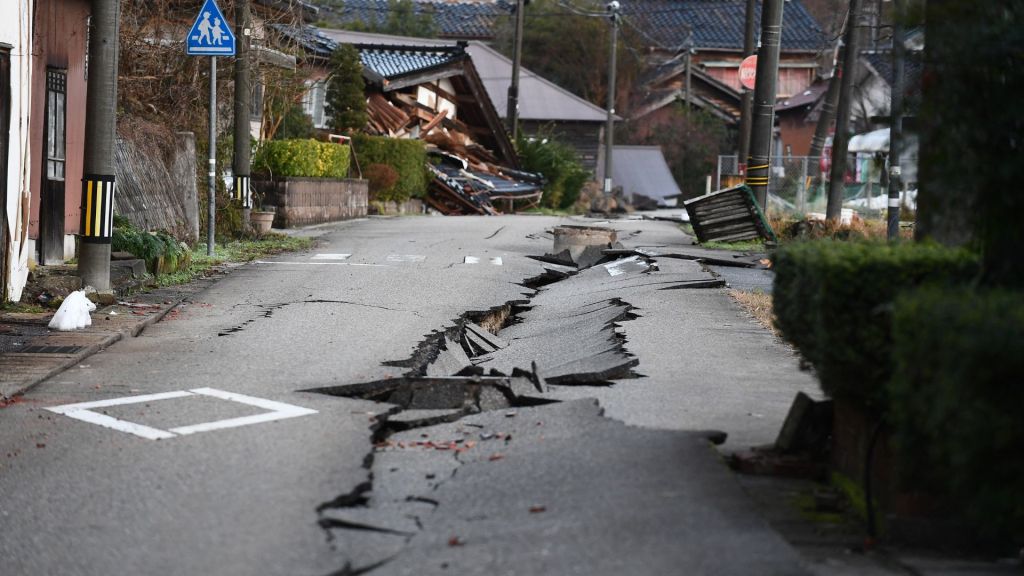JAMAICA SCRAMBLES TO DELIVER AID AFTER CATEGORY 5 HURRICANE MELISSA

Relief convoys push into hard-hit parishes as damage tallies rise
Four days after Category 5 Hurricane Melissa tore across Jamaica, relief teams spread out to reach communities still cut off by downed power poles, mudslides and toppled trees. Authorities prioritized food, water, tarps and medical supplies for shelters and isolated districts in St. Elizabeth and Westmoreland, where damage was described as catastrophic. Power restoration is uneven; many areas remain in the dark despite crews working around the clock. The storm, among the strongest on record in the Atlantic, also disrupted crops and fisheries, threatening incomes for small producers just 15 months after Hurricane Beryl. Officials warned that a full accounting of losses will take time as roads reopen and assessments proceed.
Recovery challenges and climate risk
Early evacuations saved lives in parts of the Caribbean, but Jamaica’s southwest absorbed the brunt as winds shredded roofs and floods swamped homes. Relief groups flagged the need for safe water, debris removal and temporary classrooms. Economists say agriculture and tourism will feel lingering effects, with insurable losses compounded by infrastructure gaps. Engineers are urging stronger building codes and resilient power systems to withstand repeated hits, while climate scientists note that warmer seas can supercharge rainfall and wind intensity. For now, the government is expanding cash-for-work programs for cleanup and requesting more generators and water treatment kits. With the hurricane season not yet over, officials urged residents to heed alerts and prepare go-bags—lessons reinforced by Melissa’s rapid intensification and slow passage over the island.






















